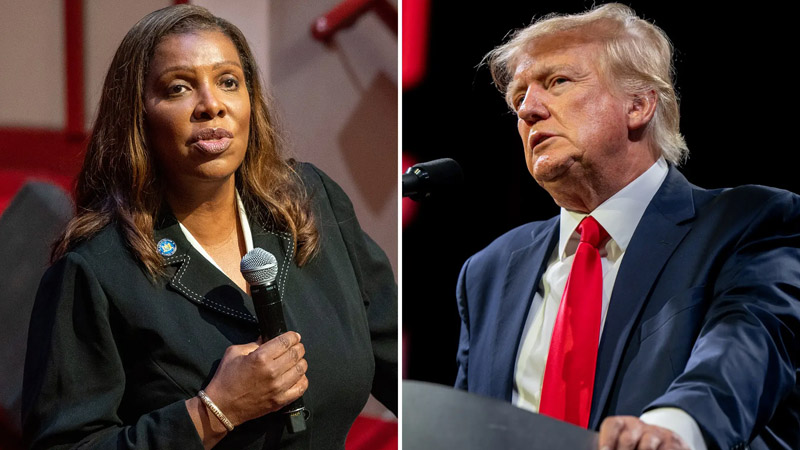New York Attorney General Letitia James has initiated a formidable critique against JBS Foods USA, the globe’s top beef producer, for what she terms misleading environmental advertising practices. James expressed her determination to pursue legal measures against JBS, accusing the company of providing false information to the public regarding its environmental impact.
She pointed out that the beef industry plays a significant role in climate change, and criticized JBS Foods USA for not living up to its proclaimed commitment to sustainability, instead neglecting its environmental duties. James’s office claims that the company’s deceptive advertisements have compromised the planet by creating a distorted perception of its environmental actions among consumers.
She stressed the importance of holding firms accountable for their impact, especially in sectors like the beef industry, which have a considerable environmental footprint. Through legal action against JBS Foods USA, James aims to make it clear that misleading advertising, particularly when it endangers the environment, will not be tolerated, reported AP News.
This lawsuit is part of James’s history of engaging in high-profile legal battles against environmental malpractices by major corporations. Her previous legal actions include filing lawsuits against PepsiCo for contaminating the Buffalo River with microplastics and winning a civil fraud case against former President Donald Trump. Now, turning her attention to JBS Foods USA, James seeks to rectify the environmental harm caused by the company’s misleading advertising.
As the leading beef producer worldwide, JBS Foods USA holds considerable clout in the meat industry. However, James’s lawsuit emphasizes the necessity for honesty and responsibility in corporate conduct, irrespective of the company’s scale. In light of James’s announcement, JBS Foods USA is anticipated to undergo rigorous scrutiny and legal challenges.
The company will need to substantiate its advertising assertions and confront accusations of environmental wrongdoing, which could lead to serious consequences for its reputation and operations. This legal battle may set a precedent with significant implications for JBS Foods USA and the wider meat industry, underscoring the increasing demand for honesty and sustainability in food production.
It also highlights the imperative for businesses to transparently communicate their environmental impact. As James moves forward with the lawsuit against JBS Foods USA, her dedication to environmental protection and corporate accountability is evident, signaling that deceptive practices will face determined legal opposition.

